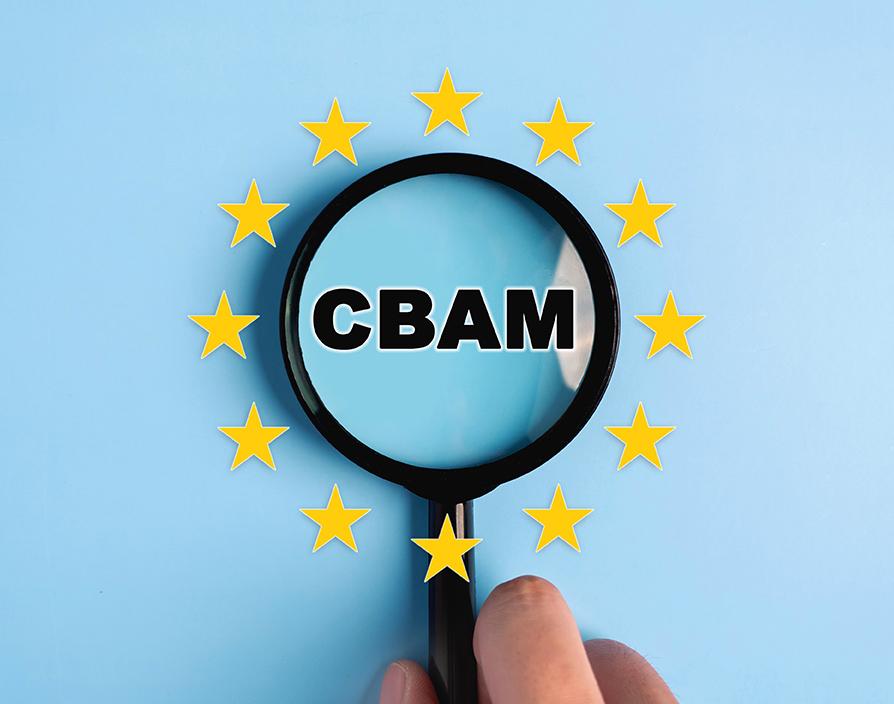Many UK companies are currently facing up to the latest European Union (EU) law aimed at reducing carbon leakage during the production and exporting of goods. Titled the Carbon Border Adjustment Mechanism (CBAM), this new legislation will affect the movement of specific carbon-intensive goods into the EU.
Among the items under scrutiny are aluminium, steel, iron, hydrogen, cement, electricity and fertilizers. However, this list may well grow in size as time passes. In effect, CBAM is a carbon tariff imposed on certain goods being transported to EU countries.
CBAM was voted into law by the European Parliament on May 17th, 2023, although it won’t completely come into force until 2026. For the record, there were 450 votes in favour of the motion, 115 against, with 55 abstentions.
The aim of CBAM is to reduce carbon leakage, as well as encourage fair competition, by applying the same tariffs to both domestic and imported goods. Businesses, particularly in the EU and UK, have paid close attention to this new law and have been engaged in heated discussions about it.
Although there are over two years until these tariffs, which have been described as a ‘carbon tax’, finally become law; there are still many challenges facing UK exporters as well as EU importers. In short, CBAM will be phased-in over time, but administrative changes are already taking shape.
This tariff may not kick-in until 2026 but, earlier this autumn, importers became obliged to submit data to the European Commission with regards to carbon emissions for their CBAM-listed products. This, in itself, is a huge task. Every company will have to report, at the end of each quarter, a breakdown of their carbon footprint for each item.
EU importers will face higher administrative costs and it may become a bureaucratic nightmare. Many EU importers probably have no idea how much carbon is released by the goods they are importing, but they are still required to disclose it.
As for exporters from countries outside the EU, such as the UK, they will need to conduct their own research to determine the origin and production methods of these listed products.
And this can be a difficult task too. The strict carbon pricing structure of the EU is causing legitimate concerns, with many businesses worried that these new laws will affect market share and profits.
CBAM means higher costs for importers who need to understand the complexities of these new laws, and may ultimately lead to trade disputes, reduced competitiveness, administrative headaches, and limited access to markets.
Meanwhile, exporters may be required to undertake additional paperwork and processes too. These include maintaining detailed records of carbon emissions, or the costs incurred by the hiring of carbon accounting experts And producers of CBAM goods will need to invest in cleaner production methods or technologies, in order to limit their ‘carbon tax’. No one gets away ‘Scot-Free’.
In effect, CBAM appears to be the next major hurdle for UK exporters after Brexit. This will undoubtedly lead to greater administrative costs, higher prices, and perhaps a reduction in market share when trading with countries ruled by CBAM legislation.
All of a sudden, supply chains have become more complex. EU importers will face a hard time measuring, and then reporting, on the carbon content of their goods. So it might be beneficial for UK businesses to help EU importers keep on top of this administrative nightmare.
But the wider question must be: How long will European markets remain an attractive proposition for companies from non-EU countries, such as the UK?
Note: By 2030, the EU wants to reduce carbon emissions by 55% – from 1990 levels – and be a climate-neutral continent by 2050. The reporting of such data is already happening, and this may result in a great deal of time, effort and costs being incurred by companies in order to satisfy CBAM regulations. CBAM tariffs will be imposed from 2026.
Share via:








































